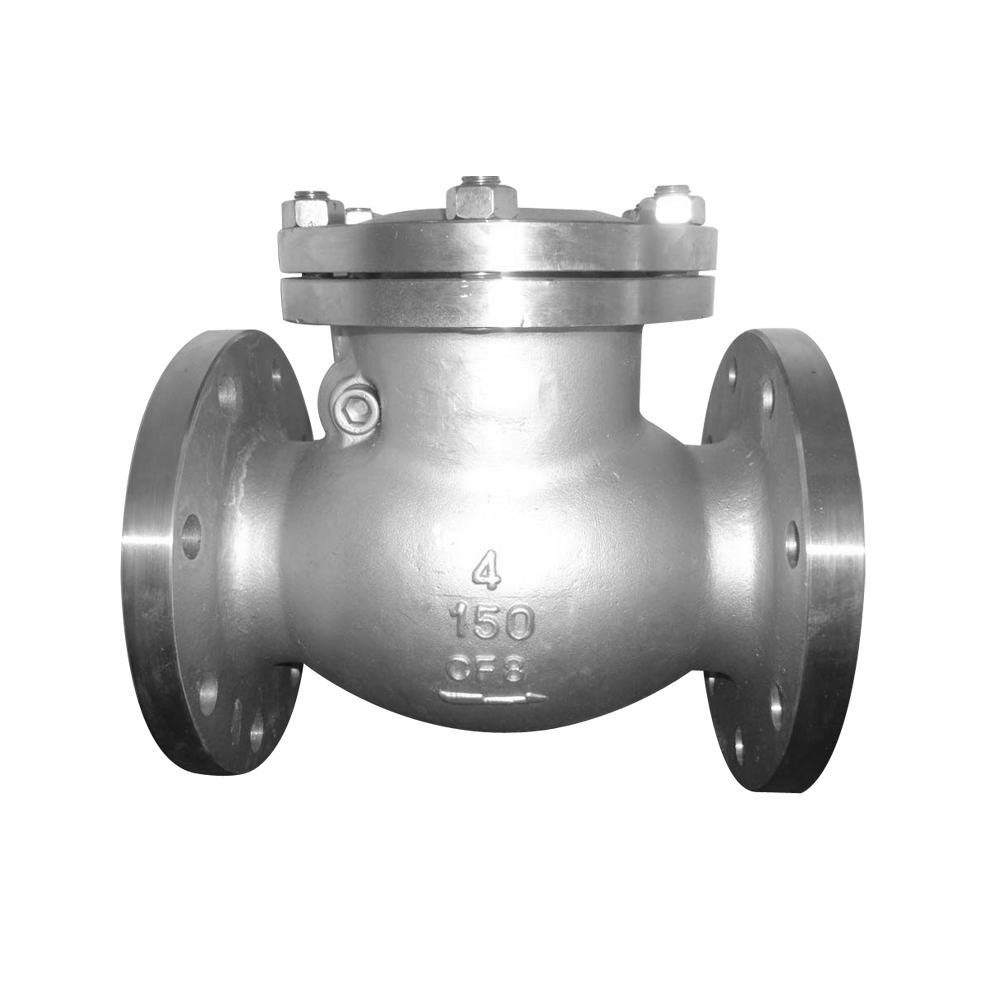Low Pressure Check Valve Production and Supplier Insights for Industrial Applications
Understanding Low Pressure Check Valves A Guide for Manufacturers
In the realm of fluid control systems, low pressure check valves play a crucial role in ensuring the smooth operation and efficiency of various processes. As manufacturers and engineers look for reliable solutions for their systems, understanding the functionality and applications of low pressure check valves becomes essential. This article delves into the importance of these valves, their features, and what to consider when selecting a manufacturer.
What are Low Pressure Check Valves?
Low pressure check valves are designed to allow fluid or gas to flow in one direction while preventing backflow. This is particularly critical in systems where backflow can lead to contamination or damage. They operate based on differential pressure; if the pressure on one side of the valve exceeds the pressure on the other side, the valve opens, allowing flow. Conversely, if the pressure reverses, the valve closes to prevent backflow.
Key Features of Low Pressure Check Valves
1. Material Compatibility Low pressure check valves are often made from various materials, including brass, stainless steel, and plastics like PVC. The choice of material is vital as it impacts durability, corrosion resistance, and compatibility with the fluid or gas being handled.
2. Design Options Manufacturers offer a variety of designs, such as spring-loaded and diaphragm-style check valves. Each design has its unique advantages, with spring-loaded valves providing a quicker response to changes in pressure, while diaphragm valves offer better sealing capabilities.
3. Pressure Range As the name implies, low pressure check valves are tailored for low pressure applications, typically defined as operating under 150 psi. This specification helps manufacturers to select valves suitable for their specific operation conditions.
4. Size and Flow Rate Check valves come in various sizes, impacting the flow rate and pressure drop across the valve. Manufacturers must evaluate the size needed for their system to maintain efficiency without causing excessive turbulence or pressure loss.
5. Ease of Maintenance Low pressure check valves should be designed for easy maintenance and inspection. Features such as accessible points for cleaning or part replacement can save time and reduce downtime for systems.
Applications of Low Pressure Check Valves
These valves are found in numerous applications across different industries
. Some typical use cases include- Water and Wastewater Treatment Check valves are essential in preventing backflow in treatment plants, ensuring that processes operate efficiently without contamination from downstream systems.
low pressure check valves manufacturer

- HVAC Systems In heating and cooling applications, low pressure check valves help maintain the correct flow direction in systems, protecting against system imbalances.
- Food and Beverage Industry Sanitary check valves are critical in food processing, where they prevent backflow that could lead to contamination of products.
- Pneumatic Systems Low pressure check valves are used in pneumatic applications to ensure that air flows correctly while preventing unwanted backflow, which can lead to system failure.
Choosing a Manufacturer
When selecting a manufacturer for low pressure check valves, several factors must be considered
1. Experience and Reputation Look for manufacturers with extensive experience in producing check valves. A strong reputation in the industry is often indicative of quality products and reliable service.
2. Customized Solutions Not all applications are the same; a manufacturer should offer customization options to suit specific operational needs. This can include valve size, material, and design.
3. Quality Assurance Ensure that the manufacturer adheres to strict quality control procedures. Certifications such as ISO 9001 can be indicative of a commitment to quality.
4. Technical Support A reputable manufacturer should offer comprehensive technical support, helping with installation, maintenance, and troubleshooting.
5. Cost-Effectiveness While quality is paramount, it is also important to consider the overall cost-effectiveness of the check valves. Competitive pricing, combined with durability and performance, is essential for long-term value.
Conclusion
Low pressure check valves are indispensable components in various industrial systems, offering essential functions to prevent backflow and ensure efficient fluid control. By understanding their features, applications, and the key factors for selecting a manufacturer, businesses can make informed decisions that enhance their operational efficiency and reliability. Selecting the right low pressure check valve and manufacturer is crucial for optimizing system performance and ensuring the longevity of equipment.
-
The Key to Fluid Control: Exploring the Advantages of Ball Valves in Industrial SystemsNewsJul.09,2025
-
The Versatile World of 1, 2, and 3 Piece Ball ValvesNewsJul.09,2025
-
Stainless Steel Ball Valves: The Ideal Choice for Efficient Flow ControlNewsJul.09,2025
-
Optimizing Fluid Control with Ball Float ValvesNewsJul.09,2025
-
Manual Gate Valves: Essential for Control and EfficiencyNewsJul.09,2025
-
Everything You Need to Know About Butterfly ValvesNewsJul.09,2025
-
The Versatility of Wafer Type Butterfly ValvesNewsJul.08,2025




